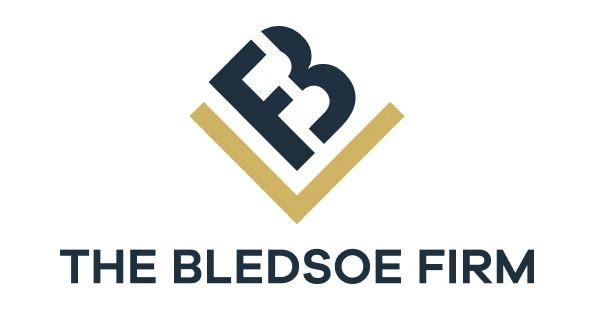Disclaimer: This blog post is for informational purposes only and does not constitute legal advice. Reading this post or contacting The Bledsoe Firm through this website does not establish an attorney-client relationship. Every legal situation is unique, and you should consult with a qualified family law attorney before making any decisions related to your case.
If you’re getting married in Southern California and thinking about a prenuptial agreement, you’re already ahead of the curve. A well-drafted prenup can offer clarity, protection, and peace of mind — especially in high-asset marriages or second marriages. But what if we told you that one poorly worded sentence in your prenup could cost you the house?
At The Bledsoe Firm, we’ve helped hundreds of clients navigate prenups, postnups, and high-stakes divorce settlements. And we’ve seen firsthand how one vague or careless line — sometimes inserted by a DIY online template or even a well-meaning attorney — can unravel years of planning. Here’s what you need to know.
The “Waiver of Community Property” Trap
The most common culprit? A blanket waiver of community property rights, especially if it’s not paired with clear exceptions or asset schedules. In California, which is a community property state, all assets acquired during the marriage are presumed to be jointly owned. So if you intend to keep your home as your separate property, your prenup needs to do more than just say, “Each party waives all rights to the other’s assets.”
Why? Because California courts look closely at intent, timing, and fairness — and a generic waiver often isn’t enough.
For example, imagine this line in your prenup:
“Each party waives all rights to the other’s separate property, including real estate now or in the future.”
Sounds solid, right?
Not so fast. If that’s all it says, and you go on to use joint funds to pay the mortgage, renovate the home, or pay property taxes — your spouse could later claim a right to reimbursement or partial ownership. Worse, if the prenup doesn’t clearly identify the home as separate property, with supporting documentation, the court might ignore the waiver entirely.
The “Transmutation” Problem
Another risk lies in how property is titled and used after marriage. Even if your prenup states the house is yours, if you:
-
Add your spouse’s name to the title
-
Use marital funds for upkeep
-
Refer to it as “our house” in texts or emails
…you may have accidentally transmuted the home into community property — especially if your prenup lacks language to prevent that.
And yes, one poorly worded clause in your prenup might imply consent to this kind of commingling.
So, What Should You Do?
At The Bledsoe Firm, we customize each prenuptial agreement with forensic-level precision. When protecting your home, we recommend:
-
Explicit Asset Schedules: List the home, its address, current value, and ownership structure clearly.
-
Clear Preservation Language: Specify that the house remains separate property even if used by both parties or maintained with joint funds.
-
Title Clarity: Include a clause stating that changing title does not imply a change in ownership — unless done by written mutual agreement.
-
Reimbursement Waivers or Agreements: Address what happens if one spouse contributes to the other’s separate property.
Don’t Let a Template Decide Your Future
If you’re relying on a prenup you downloaded online or signed without detailed review, you may be leaving your most valuable asset — your home — vulnerable. Let The Bledsoe Firm protect what’s yours with a custom agreement tailored to your life, your values, and California law.
Contact us today for a consultation and get peace of mind — line by line.

 Call Us Now
Call Us Now Email Us Now
Email Us Now







